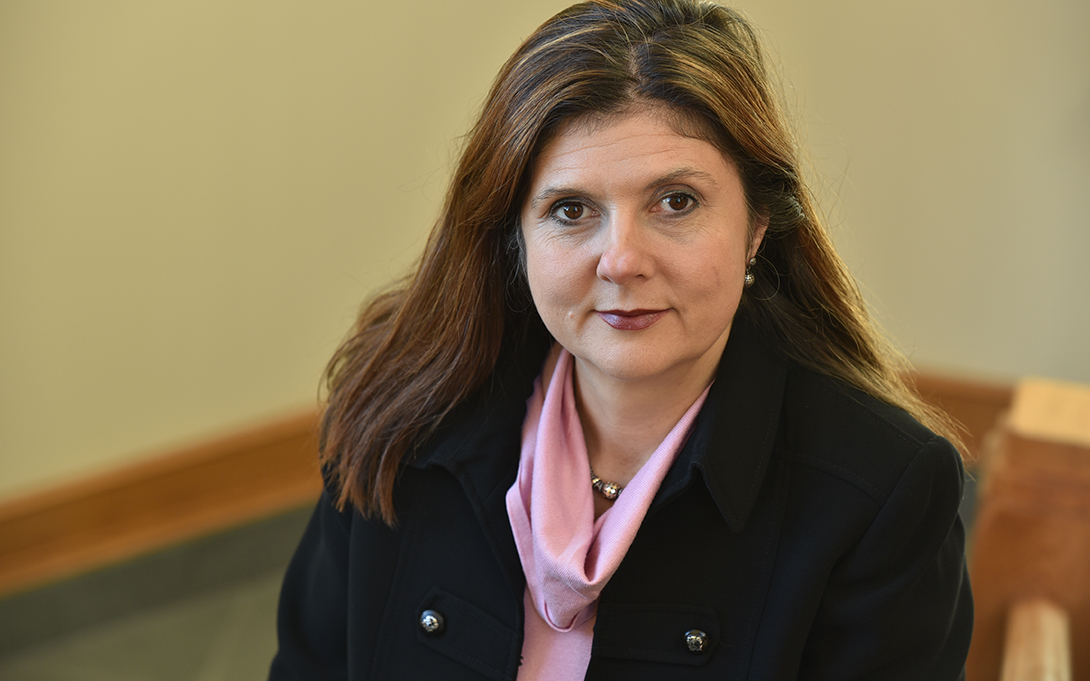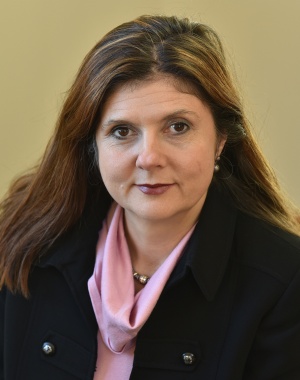
In the latest wave of the COVID-19 pandemic, many parents found themselves at home watching their children, rather than working, due to daycare closures. Betsey Stevenson, professor of public policy and economics, explained how child care closures disproportionately impact low-income parents.
"The issue isn't just compensation," Stevenson told the Washington Post. "It's also that we provide more stability and resources for higher-income people. It's much harder to smooth things out when you're low-income and don't have as much in savings or don't have access to low-cost credit. Having to take any unpaid leave can impose real hardship."
In Wisconsin, legislators are taking the issue into their own hands by introducing a paid family leave bill.
"A lot of states have found themselves waiting for the federal government to do something, and the federal government not being able to get a national family paid leave plan passed, and then resorting to trying to set one up in the state," Stevenson said on Wisconsin Public Radio. "The bottom line is the citizens in the state want family paid leave. Voters want more support when it comes to taking time off to deal with the entrance of a new child into the home, their own health issue, or to care for a loved one who’s facing a health crisis."
Read and hear the news items featuring Stevenson:
- For low-income parents, no day care often means no pay, Washington Post, February 22, 2022
-
A new Wisconsin paid family leave bill... and where it fits in the national picture, Wisconsin Public Radio, February 23, 2022
